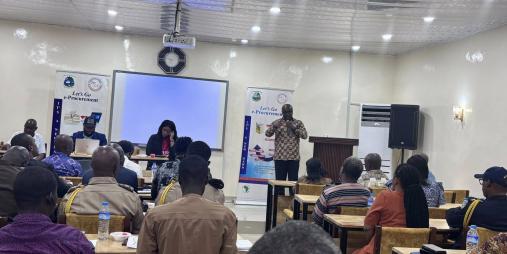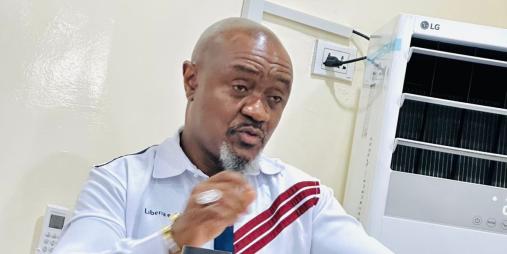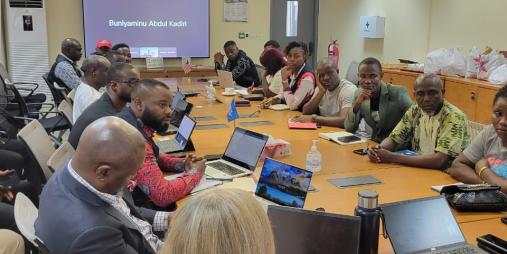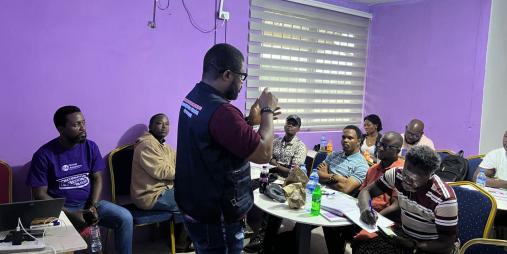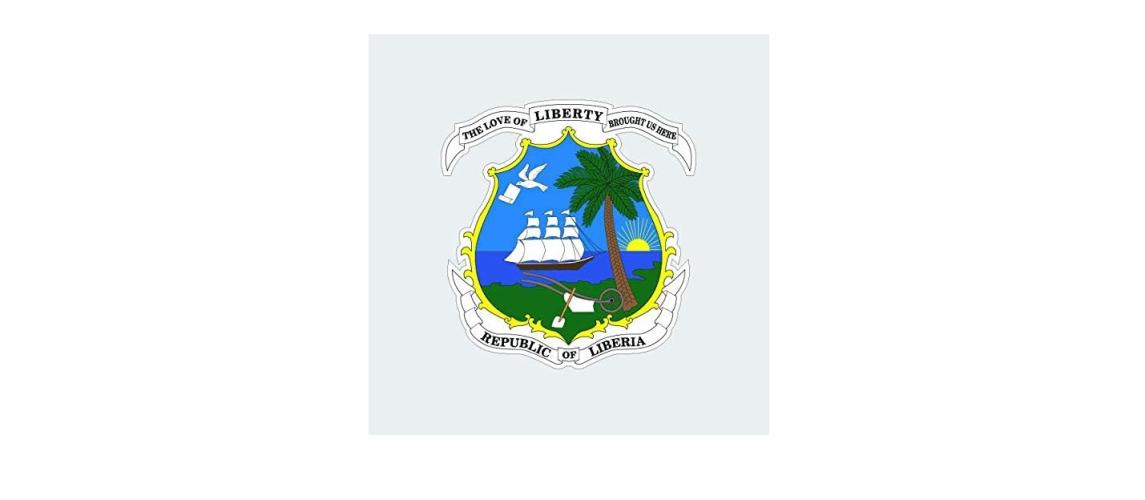
Executive Director Meres delivers Keynote Speech at GIZ Forum in Germany
Executive Director, Peggy Varfley Meres, at a GIZ sponsored workshop held in Berlin, Germany, delivered a keynote address outlining some key areas in public procurement including history of public procurement in Liberia, public contracts versus resource contracting, and integrity in the procurement process.
Addressing participants on the theme, Public Procurement Reform-Transparency and Accountability in Resource Contracting, Mrs. Meres explained that until the coming into force of Public Procurement and Concessions Commission in 2006, public procurement in Liberia was centralized under the authority of the General Services Agency, where bulk purchasing was the only system of procurement. But given the diversity, volume and complexity of goods to be procured, she averred, it soon became apparent that the centralized approach was not working out as intended.
She further explained that by 2003, when public sector reforms were taking place across many countries, the World Bank provided technical assistance to Liberia to reform its public procurement practices. As a result, she accentuated, public procurement was decentralized and a new, independent regulatory institution, the Public Procurement and Concessions Commission (PPCC) was established in 2005.
Commenting on the work of the Commission reference to public contracts versus resource contracting, Mrs. Meres asserts that resource contracting is not only meant to attract private capital more rapidly into poor but resource endowed countries but also needed to energize the private sector, which is the engine of growth and development of the economy.
She further explained that resource contracting involves a government or one of its functionaries giving out to a private sector entity the right to explore, exploit, or develop an economic resource in exchange for agreed fees, royalty, and other identified socio-economic benefits to be derived in the future. Resource contracts have certain unique characteristics that warrant a different approach which includes the nature of the assets such as iron ores which are exhaustible, or the services to be performed by the private entity, which has significant implications for the economy like oil or gas exploration, the level of capital requirement that is needed to implement the project.
Executive Director Meres pointed out that given the high level of investments required, there is often the need for greater security of tenure, and hence the duration of the contract is often long term of over, minimally, ten years and most often twenty-five years or over.
Mrs. Meres informed participants that resource contracts provide wider impact on national welfare in the areas of employment, infrastructure such as roads, social services such as education and training and health delivery services, and community relationships.
Delving on the Liberian experience reference to resource contracting, the PPCC’s Chief Executive Officer intoned that many institutions are involved in the reviews, vetting, validation, consultation and collaboration that accompanies each resource contract.
As regards integrity of the process, Mrs. Meres narrated that when negotiations to award concessions are underway, individuals representing the state are in a powerful yet vulnerable position but the mechanisms established by the Public Procurement and Concessions Act(PPCA) make the process open and robust. But with weak oversight and accountability, there is always a temptation for the individual actor to cut a side deals for himself even if the final product does not benefit the state, she indicated.
